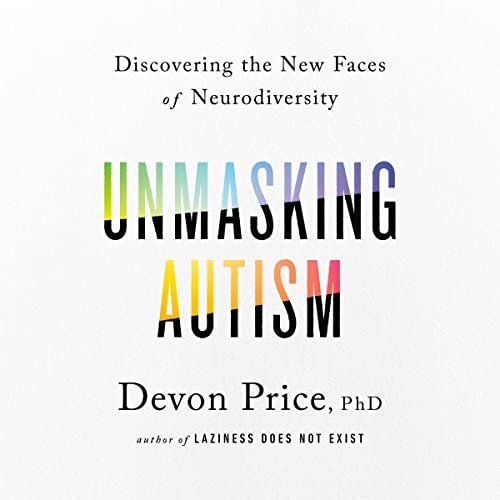My favorite books as a therapist: trauma edition
Here is a non-exhaustive list of some favorite books related to trauma.
To me, this is the ultimate book on parts work. It’s easy to follow, and includes helpful meditations. It’s intended for both mental health professionals and people who are curious to learn more about their own experience from an Internal Family Systems lens.
What I love most about this book is that the author provides a very raw, personal perspective of Complex-PTSD. It’s a heavy read, but absolutely worth it.
This book is so important for survivors of abuse to understand their experiences, as well as for mental health professionals who work with those who have Complex-PTSD. It’s definitely a challenging read, but full of really valuable information.
I cannot say enough good things about this book! The author sprinkles in humor while covering very complex topics, including a deep exploration of the impacts of systemic trauma on an individual level.
This book is slightly more geared towards professionals in my opinion. Peter Levine is so knowledgeable about trauma and the ways that our physical body and nervous systems embody the impact.
This book is a deep-dive into Autism as it presents in adulthood, particularly among populations that are often overlooked in childhood (aka, those of us who are not white, middle-upper class, cis-males). The author thoughtfully explores how the act of masking is traumatic, and the ways that neurodivergent individuals are significantly affected by oppressive systems in our society.
Last but not least, this book invites the reader to explore their relationship with alcohol from a trauma-informed lens, questioning the ways that alcohol consumption is normalized. The focus is on curiosity about patterns, more so than encouraging total sobriety (though that’s certainly not discouraged!)






